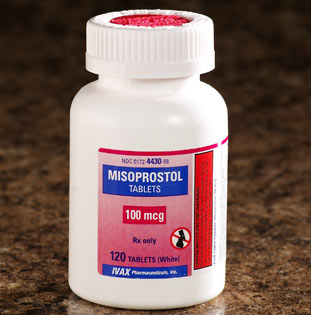Sure is a good thing SCOTUS will leave this up to the states, isn’t it?
Republican-led states are moving swiftly to restrict access to medication abortion.
The efforts so far have focused on regulations around the pills, such as banning them from being shipped or prescribed. But can states ban the actual abortion pill itself, even though the Food and Drug Administration has approved it? That question could be the next frontier in the abortion wars.
The short answer comes down to this: The issue isn’t settled law and will likely be litigated in the courts. Some argue states may be hard-pressed to ban the federally approved medication, though antiabortion advocates disagree.
[…]
Some states have introduced bills focused on banning abortion pills, but they haven’t gotten a lot of traction, per Elizabeth Nash, an interim associate director at Guttmacher Institute, a research group that supports abortion rights. (A recent exception is Oklahoma, whose Republican governor is poised to sign legislation banning abortions – including medication abortions – from the moment of “fertilization.”)
Rather, states are banning the practice of medicine around the pills. For instance: At least 19 states ban the use of telehealth for medication abortion, and some states have additional restrictions, like prohibiting pills from being mailed.
Yet, if Roe v. Wade is overturned, some states may try to ban the actual medication. And states already have gestational limits and other abortion bans on the books that could kick in quickly if Roe is overturned — and those likely encompass limitations on the pills, experts said.
Can states ban a medication the FDA has signed off on?
There’s no clear precedent here.
Some states may argue they can ban medication abortion because states have the authority to regulate the practice of medicine. The FDA, on the other hand, is the acknowledged authority on medical products, such as the abortion pill. But the line between medical practice and medical products is not always clear.
And if a state squared off against the federal government over an FDA-approved drug … “We don’t know how the court would rule. It’s an open question,” Patti Zettler, an associate professor of law at Ohio State University and former associate chief counsel in the FDA’s Office of the Chief Counsel.
See here for some background. Reminder #1: The state of Texas has made it a felony to provide abortion medication after seven weeks, after having already banned anyone but doctors from dispensing such medication, and only via an in-person office visit – no telemedicine. You can be sure that Texas will take this to the next level in the next legislative session if it is in position to do so.
Reminder #2: The same medicine that is used for abortion is also used to treat miscarriages. Needless to say, women who are suffering through a miscarriage will face – and as that story notes, are already facing – barriers to medical care that could threaten their health, their future ability to get pregnant and carry a child to term, and even their lives. That’s our future, and if you think I’m being alarmist, go back and read all those soothing articles about how this Supreme Court was never ever going to overturn Roe v Wade because it would cause too much upheaval.

